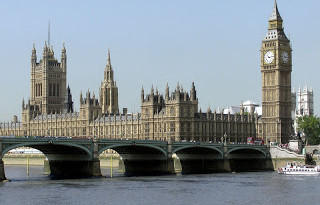 Blaise Pascal, the French mathematician and philosopher, wrote a fragmentary set of thoughts that he planned to develop into a defence of the Christian faith, but never finished called Pensées. He has many interesting observations and ideas on all sorts of subjects – it’s almost as if he’d written a blog!
Blaise Pascal, the French mathematician and philosopher, wrote a fragmentary set of thoughts that he planned to develop into a defence of the Christian faith, but never finished called Pensées. He has many interesting observations and ideas on all sorts of subjects – it’s almost as if he’d written a blog!
Part of Pascal’s brilliance is how he captures the complexity of humanity in both our glory and misery, in the way we both bear God’s image and are deeply fallen creatures, and how that plays out in every part of life.
I read this last night:
“The power of kings is founded on the reason and the folly of the people, but especially on their folly… this is a remarkably sure foundation, for nothing is surer than that the people will be weak.”
A similar point could be made about our modern governments. We often like to think of democracy as being founded on the principle of human dignity. Every person is equally deserving of the right to vote, etc.
But we often forget that the Western democracy is equally founded on the principle of human depravity: every person is equally ill-deserving of, and likely to be corrupted by, power. So we must have checks and balances, distribution of power, and change our leaders often, to stop any one person being able to do too much damage, and to prevent any one person from being too corrupted by power. We need to remember the two foundations.

